Keywords: Spirituality
There are more than 24 results, only the first 24 are displayed here.
Become a subscriber for more search results.
-
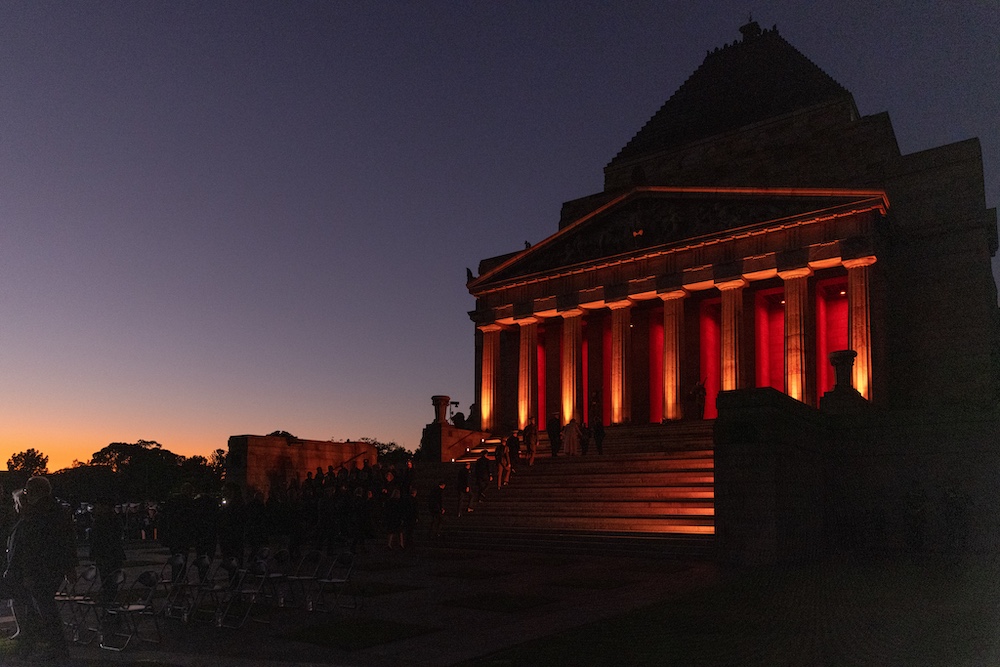
AUSTRALIA
- Brian McCoy
- 24 April 2025
As we witness those wars that continue to rage, we might wonder, this Anzac Day, what were the effects on our First Nations people when their lands were first taken? We can now see only too clearly that it is difficult, if not impossible in the longer term, to defend one’s land when the invader has more powerful resources and shows no intention of negotiating peace.
READ MORE
-
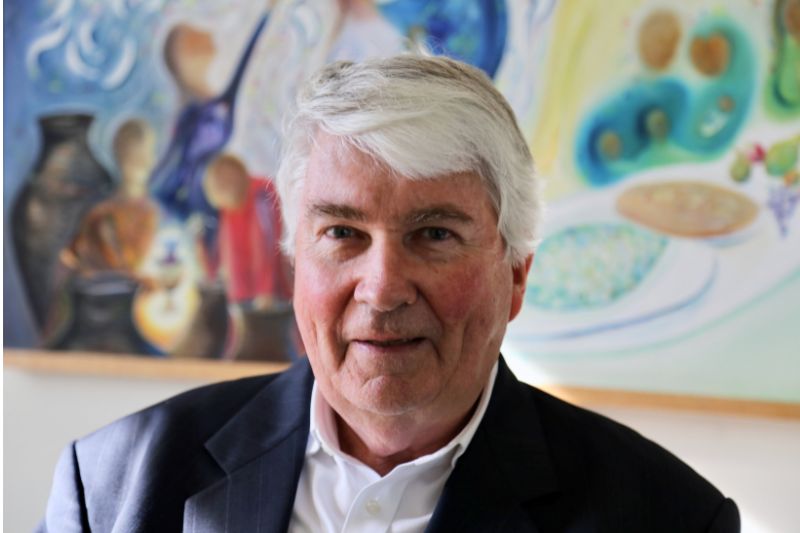
RELIGION
- Jim McDermott
- 13 March 2025
Frank Brennan wears his prominence lightly. A priest, lawyer, and tireless advocate for Indigenous rights and refugees, he is as at home in political corridors as he is at the dinner table, welcoming friends with stories and good cheer. Now, celebrating 50 years as a Jesuit, he reflects on faith, justice, and a life of service.
READ MORE
-
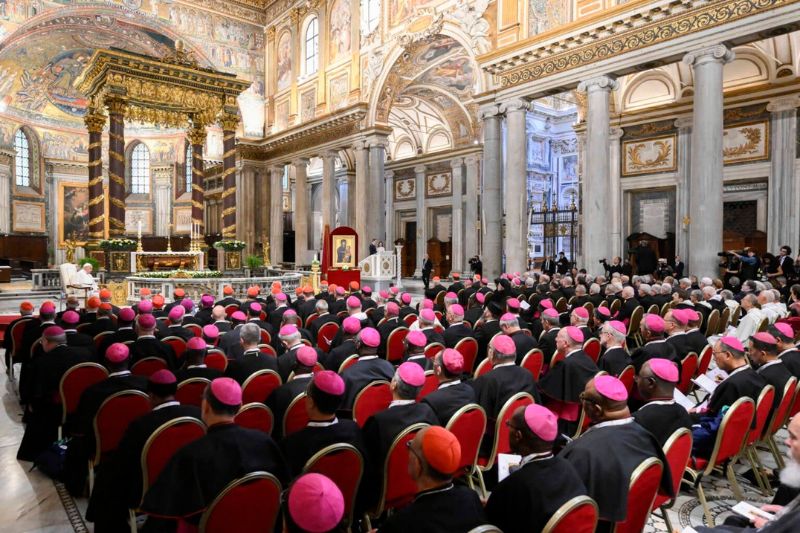
RELIGION
- Richard Lennan
- 19 December 2024
Is the synod a parliament, a shareholder meeting, or something wholly unique? How we frame it shapes our understanding of its purpose and outcomes. Beyond analogies, could the true essence of synodality lie in embracing grace and discernment, re-centering the church on its divine mission?
READ MORE
-
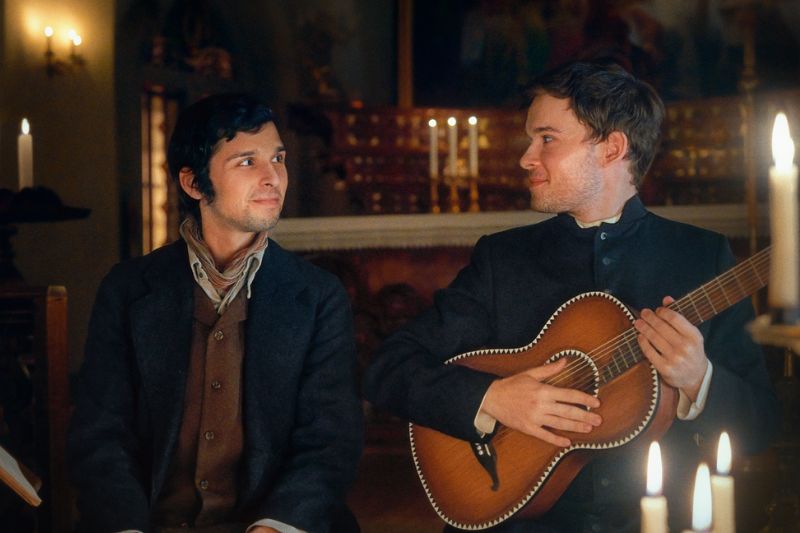
ARTS AND CULTURE
- Simon Smart
- 19 December 2024
Modern advertisements blend artistry and manipulation, tugging our heartstrings while selling us things we didn’t think we needed. Take the Austrian financial giant Erste’s annual Christmas ad, which this year chronicles the history of 'Silent Night.' It's breathtaking — until its message makes a baffling twist.
READ MORE
-
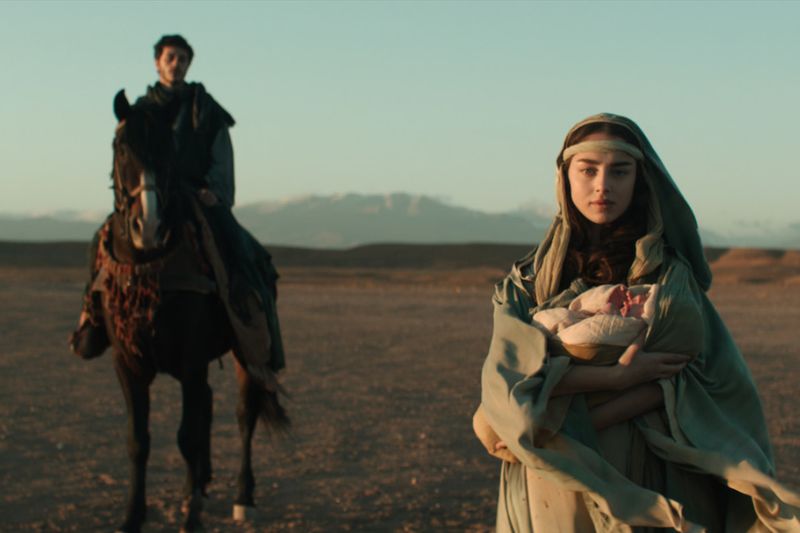
ARTS AND CULTURE
- Juliette Hughes
- 18 December 2024
In a year defined by uneven cultural offerings, books stood tall while cinema faltered and television treaded water. From Alexander Armstrong’s enchanting Evenfall to Patricia Briggs’ mystical Winter Lost, the literary landscape offered gems aplenty. Meanwhile, Netflix’s Mary proved a thunderous flop, and Barbie charmed in pink. Let the debates begin.
READ MORE
-
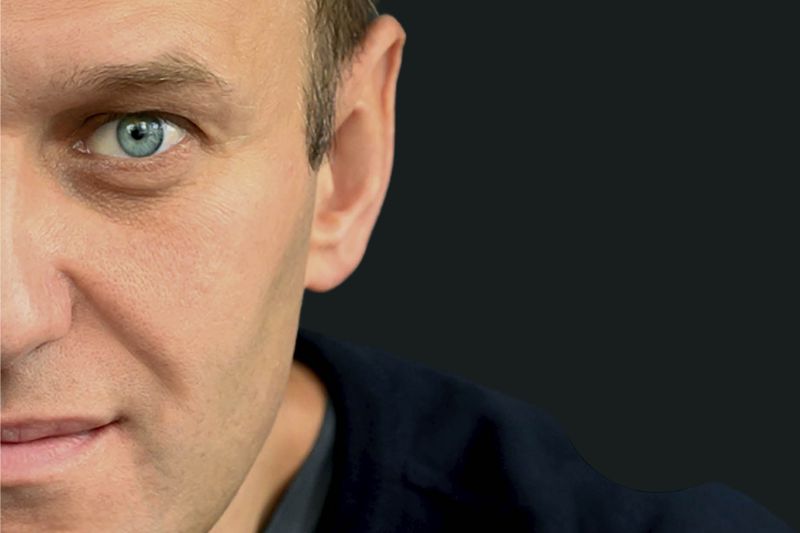
ARTS AND CULTURE
- Danielle Terceiro
- 12 December 2024
Navalny’s memoir Patriot was released last month. Written in prison, it is a testament to Navalny’s deliberate practice of a forward-looking hope for the future, even though he was certain that he would not outlive his sentences. Surprisingly, the book is full of humour.
READ MORE
-
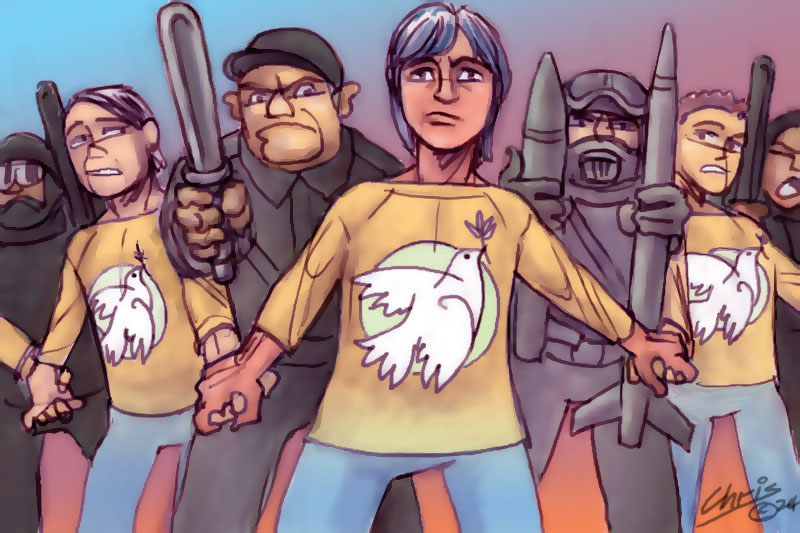
INTERNATIONAL
- Justin Glyn
- 10 December 2024
Peace is hard to define, harder to achieve, and almost impossible to sustain. In a world obsessed with profit, simplistic narratives, and selective outrage, peace feels like a lofty ideal rather than a realistic goal. But what would it take to make peace more than a buzzword—and a true global reality?
READ MORE
-
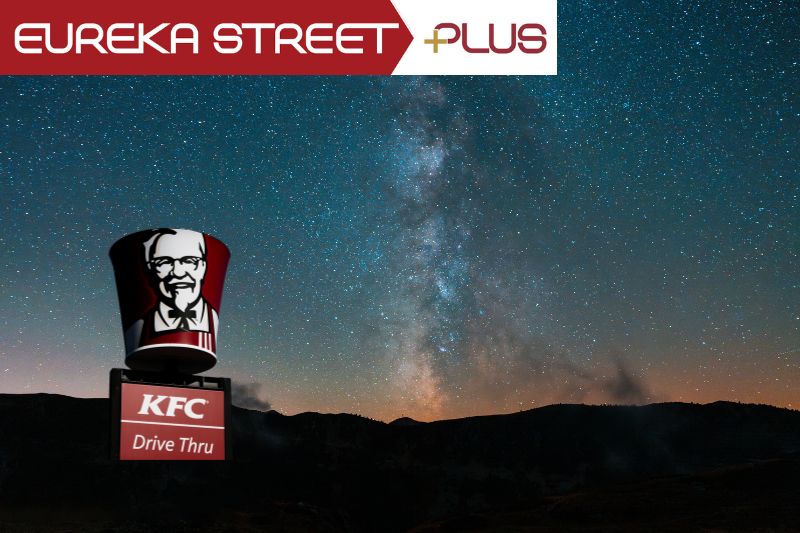
AUSTRALIA
- Michael McGirr
- 22 November 2024
3 Comments
There’s this other place that is neither heaven nor earth but which you might find in the car park of the third busiest KFC in Melbourne, waiting for your son to finish his shift. A bin beside the car is overflowing with all the packaging that comes with fast food, not to mention the remains of poor dead chooks whose life it is hard to imagine.
READ MORE 
-
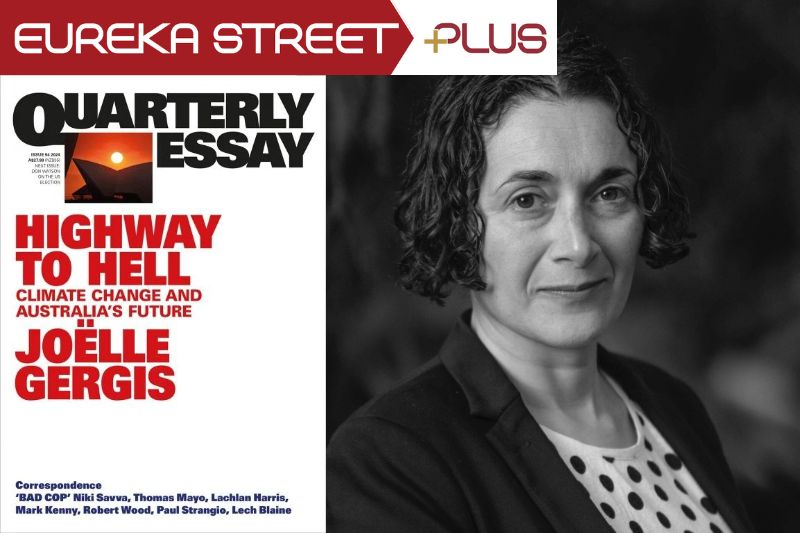
ENVIRONMENT
- Julie Perrin
- 12 July 2024
1 Comment
In her new Quarterly Essay Highway to Hell, Australian climate scientist Joëlle Gergis pleads in language beyond the careful neutrality of traditional science-speak: ‘We need you to stare into the abyss with us and not turn away.’
READ MORE 
-
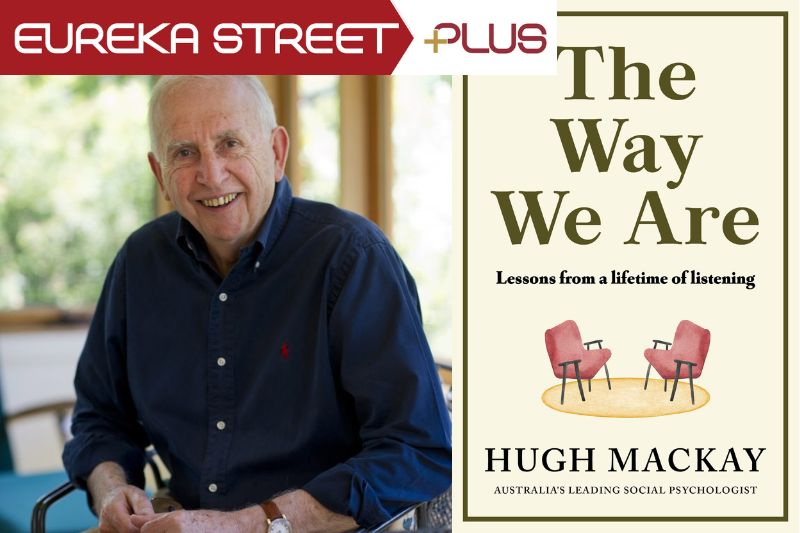
ARTS AND CULTURE
Social psychologist Hugh Mackay has been people-watching for more than 60 years. At 86 he has published The Way We Are: Lessons from a lifetime of listening, a compendium of his choicest insights on Australian life quarter-way through the new century.
READ MORE 
-

RELIGION
- Barry Gittins
- 21 May 2024
6 Comments
When friends faced a heartbreaking loss, they found solace in Carl Jung's writings, granting them permission to grieve and hope. Given his life of contradictions, how should we evaluate Jung's contributions and his complex relationship with religious faith?
READ MORE
-
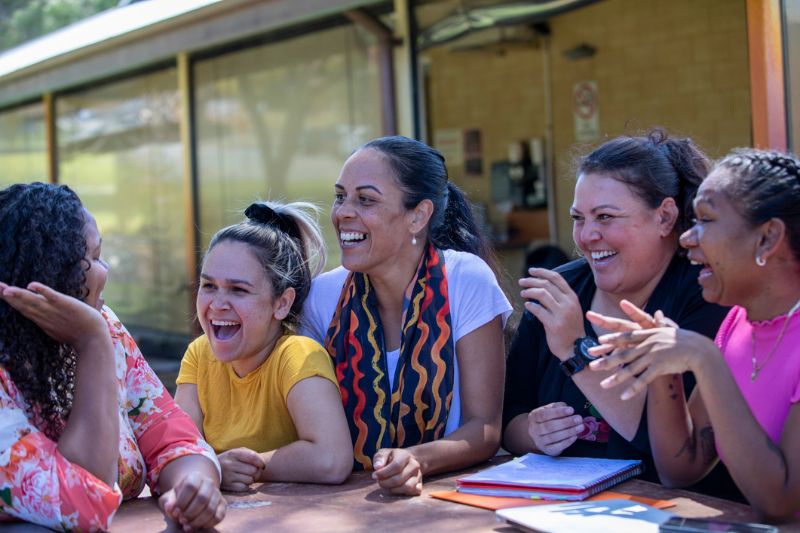
AUSTRALIA
- Andrew Hamilton
- 29 February 2024
In our more routine lives, most of us have people and groups whom we ignore, we instinctively look down on and we keep away from and people whose beliefs we scorn. We need to be attentive to the people who are commonly regarded as second-class citizens.
READ MORE